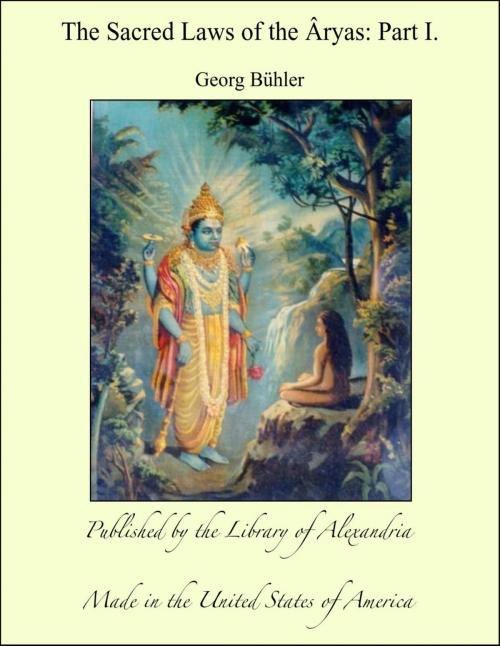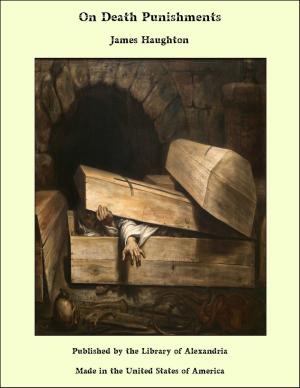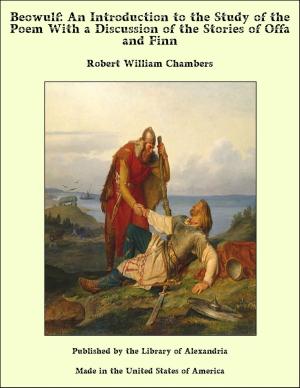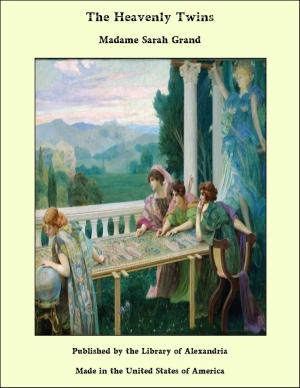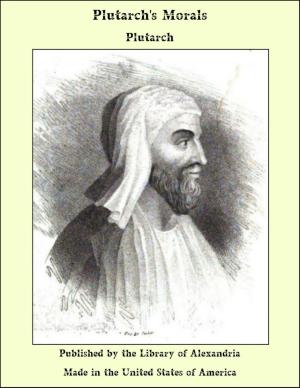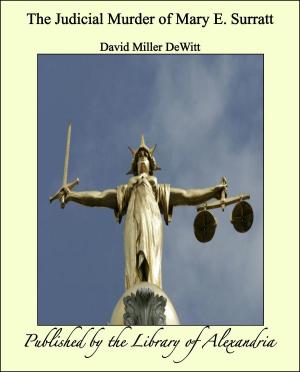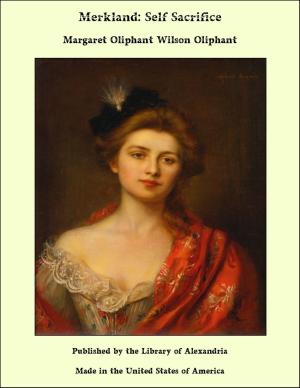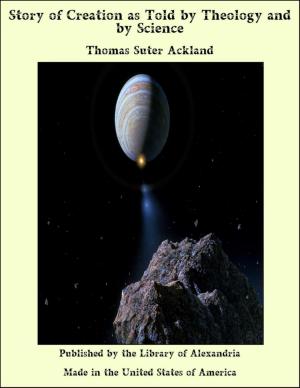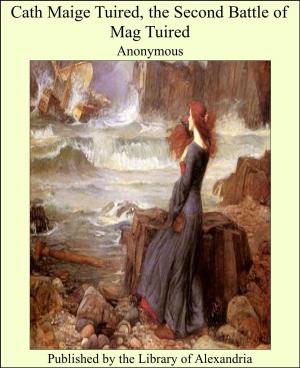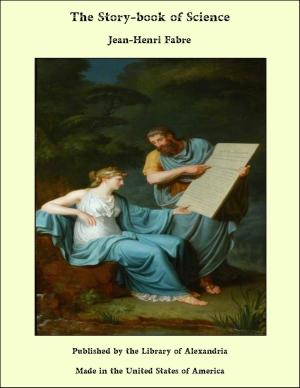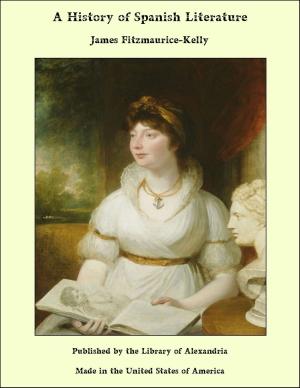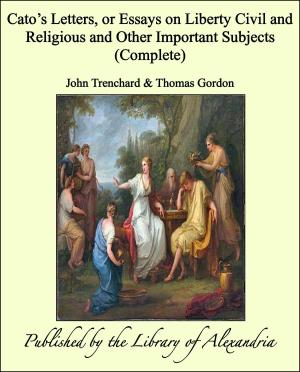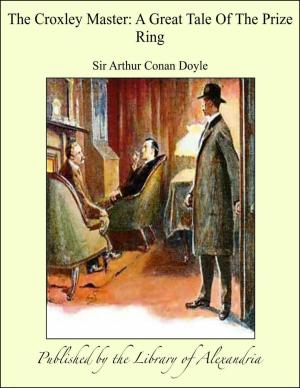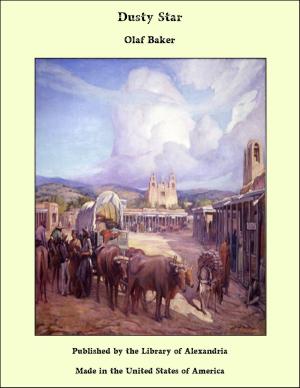The Sacred Laws of the Âryas: Part I.
Nonfiction, Religion & Spirituality, New Age, History, Fiction & Literature| Author: | Georg Bühler | ISBN: | 9781465577023 |
| Publisher: | Library of Alexandria | Publication: | March 8, 2015 |
| Imprint: | Language: | English |
| Author: | Georg Bühler |
| ISBN: | 9781465577023 |
| Publisher: | Library of Alexandria |
| Publication: | March 8, 2015 |
| Imprint: | |
| Language: | English |
FOR all students of Sanskrit philology and Indian history Âpastamba's aphorisms on the sacred law of the Aryan Hindus possess a special interest beyond that attaching to other works of the same class. Their discovery enabled Professor Max Müller, forty-seven years ago, to dispose finally of the Brahmanical legend according to which Hindu society was supposed to be governed by the codes of ancient sages, compiled for the express purpose of tying down each individual to his station, and of strictly regulating even the smallest acts of his daily life1. It enabled him not only to arrive at this negative result, but also to substitute a sounder theory the truth of which subsequent investigations have further confirmed, and to show that the sacred law of the Hindus has its source in the teaching of the Vedic schools, and that the so-called revealed law codes are, in most cases, but improved metrical editions of older prose works which latter, in the first instance, were destined to be committed to memory by the young Aryan students, and to teach them their duties. This circumstance, as well as the fact that Âpastamba's work is free from any suspicion of having been tampered with by sectarians or modern editors, and that its intimate connection with the manuals teaching the performance of the great and small sacrifices, the Srauta and Grihya-sûtras, which are attributed to the same author, is perfectly clear and indisputable, entitle it, in spite of its comparatively late origin, to the first place in a collection of Dharma-sûtras.
FOR all students of Sanskrit philology and Indian history Âpastamba's aphorisms on the sacred law of the Aryan Hindus possess a special interest beyond that attaching to other works of the same class. Their discovery enabled Professor Max Müller, forty-seven years ago, to dispose finally of the Brahmanical legend according to which Hindu society was supposed to be governed by the codes of ancient sages, compiled for the express purpose of tying down each individual to his station, and of strictly regulating even the smallest acts of his daily life1. It enabled him not only to arrive at this negative result, but also to substitute a sounder theory the truth of which subsequent investigations have further confirmed, and to show that the sacred law of the Hindus has its source in the teaching of the Vedic schools, and that the so-called revealed law codes are, in most cases, but improved metrical editions of older prose works which latter, in the first instance, were destined to be committed to memory by the young Aryan students, and to teach them their duties. This circumstance, as well as the fact that Âpastamba's work is free from any suspicion of having been tampered with by sectarians or modern editors, and that its intimate connection with the manuals teaching the performance of the great and small sacrifices, the Srauta and Grihya-sûtras, which are attributed to the same author, is perfectly clear and indisputable, entitle it, in spite of its comparatively late origin, to the first place in a collection of Dharma-sûtras.
